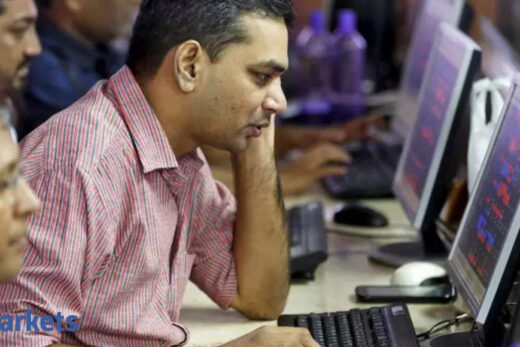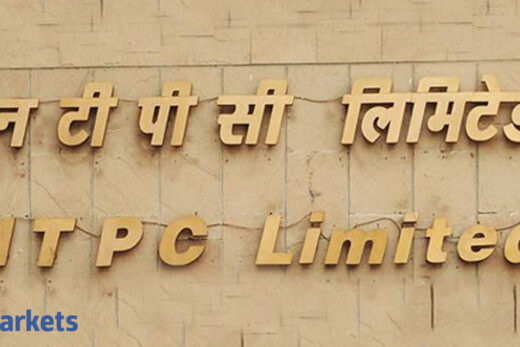Analysts have mixed view on whether the Q2 business update can add materially to the stock prospects, as the scrip is already up 103 per cent in the last one year. Macquarie has a price target of Rs 4,950 on the stock. Goldman Sachs sees the stock at Rs 4,539 but Morgan Stanley finds it Rs 3,268 worthy.
On Tuesday, the scrip traded at Rs 4,264.60 on BSE, up 0.24 per cent.
“Given the stock’s runup in the past one year, the key questions for investors are whether the valuation (106x FY23e PE) is ahead of fundamentals and whether there is a risk of de-rating. We are still midway in the evolving high-growth compounding construct; investors should continue to stay positive on DMart,” HSBC said in a note.
This brokerage has raised its target on the stock to Rs 5,500 from Rs 4,000.
How divided the Street is on DMart is reflected in the price targets, where the median 12-month price target of 26 analysts suggests a potential 24 per cent downside for the stock; the lowest target suggest 56 per cent downfall while the highest target suggest 29 per cent upside for the scrip.
In a brief update to the stock exchanges, DMart said its September quarter revenues climbed 47 per cent on yearly basis to Rs 7,649.64 crore from Rs 5,218.15 crore a year ago, which was 5-15 per cent above analyst estimates.
The chain of hypermarkets added eight net new stores during the quarter, taking its store count to 246. With this, the total store addition in the first two quarters of FY22 stood at 12 against the full year guidance of 35-37 stores.
Goldman Sachs said revenue growth 47 per cent YoY was higher than 31 per cent YoY growth in June quarter. Revenue per average store improved to Rs 31.60 crore from Rs 21.30 in June quarter but remains lower than Rs 31.90 in September quarter of FY20, as operations continued to remain impacted due to lockdown restriction in key states like Maharashtra, Gujarat & Karnataka especially in the early part of the quarter.
“Barring another round of restrictions in Q3, we expect DMart to report a full recovery compared to pre Covid levels and expect revenues/average store of Rs 38.5 crore compared to Rs 35.10 crore in December quarter of FY20,” Goldman Sachs said, while expecting 10 store addition in December quarter and 13 in March quarter.
This brokerage has made a less than 1 per cent adjustment to its FY22-29 EPS estimates.
In the last one year, Damani and his family earned Rs 184 crore a day and was ranked seventh richest in India as per IIFL Wealth Hurun India Rich List. The promoters own 74.99 per cent stake in the company.
HSBC sees a logic in owning DMart for the long term. Given the size of the grocery market, 95 per cent dominated by “mom and pop” stores, value retailers such as Dmart, potentially can have 10 times more stores than at present, HSBC said.
“This significant growth opportunity will likely run into multiple decades. DMart’s focussed strategy of pricing as its competitive edge and driving profits through scale and the pursuit of lower costs, makes it a formidable business model to capture this value for the long term. Pandemic-led disruptions and DMart’s rapid recovery, despite facing disruptions, increases this view significantly,” HSBC said.
HSBC sees the beginning of an exceptional growth phase (revenue CAGR of 26-27 per cent) for DMart driven by the pace of the network roll-out and the revival of in-store demand.
“The perceived expensiveness is misleading and is merely a reflection of the “long duration of growth capture” the market is willing to assign and price in for winning business models, such as DMart,” it said.



